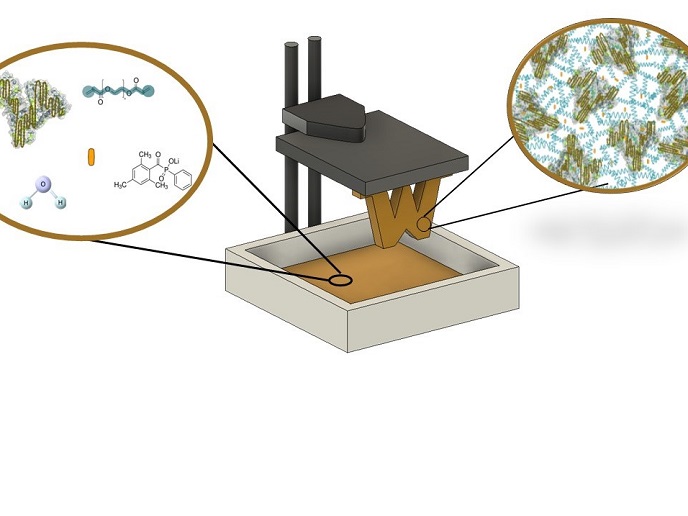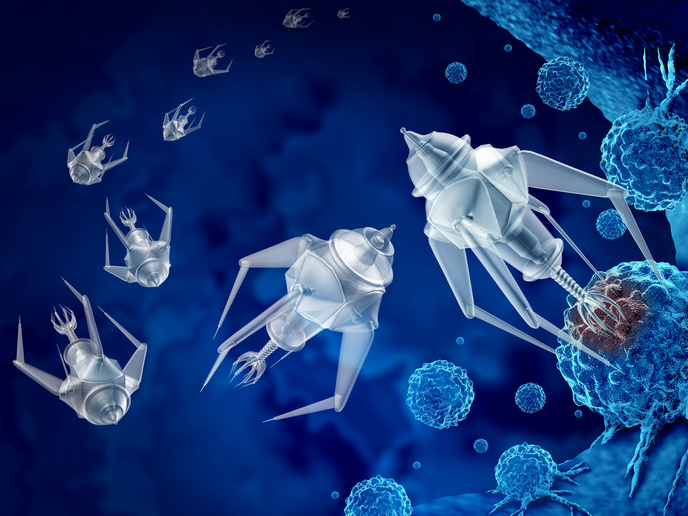From proteins to shape-changing plastics
Plastic materials are durable and lightweight with numerous applications in healthcare, car and aircraft industries, as well as packaging. However, less than 10 % of plastic ever produced is recycled, contributing to environmental pollution. Therefore, bio-based plastics that can be recycled or degraded after serving their function are needed. These would reduce fossil fuel dependence and contribute to materials with a sustainable life cycle.
An innovative strategy for protein-based bioplastics
To address this, the EU-funded 4D-Biogel project proceeded with the fabrication of plastic materials using biosourced and biodegradable polymers. The research was undertaken with the support of the Marie Skłodowska-Curie Actions(opens in new window) (MSCA) programme. “Protein-based materials have been developed that emulate biological and nonbiological functions, including physical characteristics such as mechanical strength,” explains the MSCA research fellow Haritz Sardon. The innovation behind the 4D-Biogel strategy is that researchers exploited the unfolding ability of proteins. Using heat and water as stimuli, they were able to transform the shape of the resulting materials giving them plasticity and elasticity. The associated spatiotemporal changes of the materials endowed them with a fourth dimension: time.
Serum albumin as a novel bioplastic component
To overcome limitations in processibility and mechanical performance, researchers fabricated a resin based on bovine serum albumin(opens in new window) (BSA). BSA is a highly abundant and cheap protein that could be easily printed to generate bioplastics with useful properties. They achieved high-resolution 3D geometries of protein-based materials using a type of 3D printing known as laser-scanning stereolithography(opens in new window). This approach uses light to chemically cross-link protein resins. The team discovered that BSA retained its globular native conformation in the 3D-printed bioplastic constructs. Interestingly, these proteins contained a stored length that could be unfolded upon stimulation. This shape transformation behaviour could be reversed by heating the objects or immersing them in water, allowing them to return to their original 3D-printed shape(opens in new window). Researchers went a step further to combine these bioplastics with gold nanoparticles. The latter have the ability to transform non invasive near-infrared light into heat and change the shape of the bioplastics. “This is expected to have a long-term impact in the implementation of these materials into the body as now we can generate this transformation using a non-invasive, highly penetrating light source,” outlines Sardon.
Towards greener additive manufacturing
The 3D printing of industrially produced objects is known as additive manufacturing and employs CAD to deposit material layer by layer according to the provided 3D model. Despite the great promise of additive manufacturing, there are sustainability issues that need to be addressed. Using bio-based molecules as the basis for resins and inks will aid recycling and increase the sustainability of additive manufacturing(opens in new window). The 4D-Biogel results significantly contribute to green additive manufacturing through biosourced resins that offer comparable mechanical properties to commercial plastics. Importantly, the shape transformation behaviour of the protein-based bioplastics will be useful in the fabrication of medical devices such as implants and stents. The dynamic nature of these structures can also find application in other fields, such as robotics and bioelectronics.







